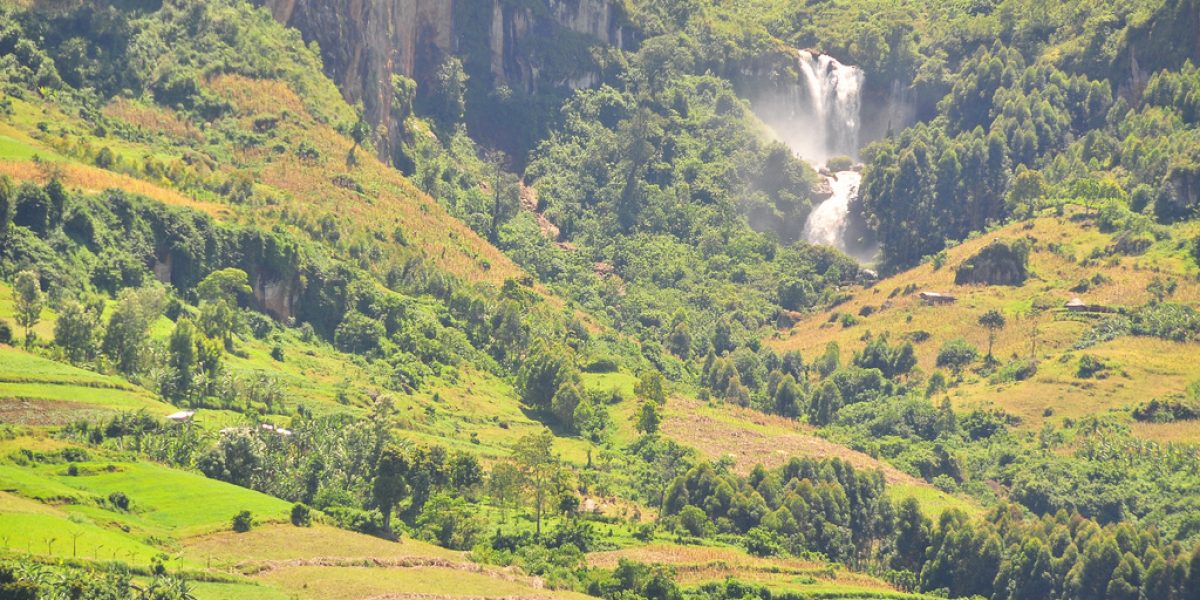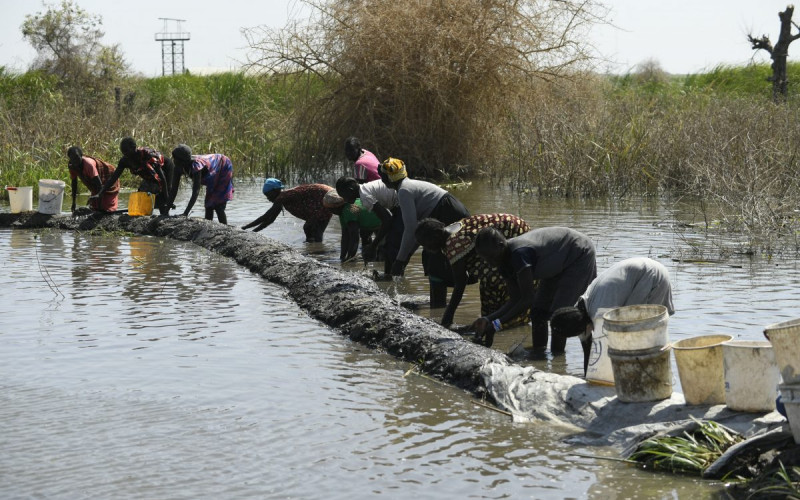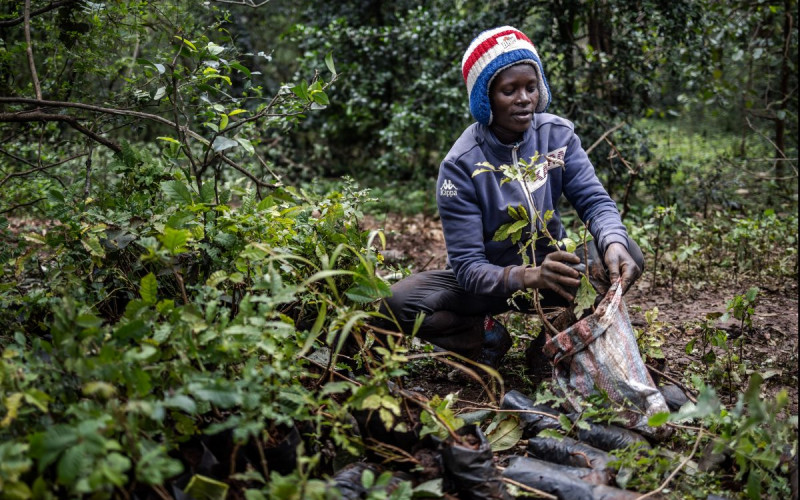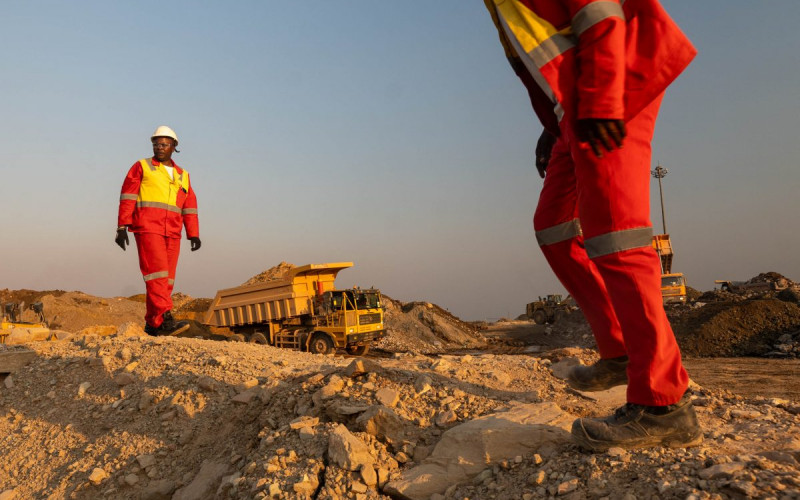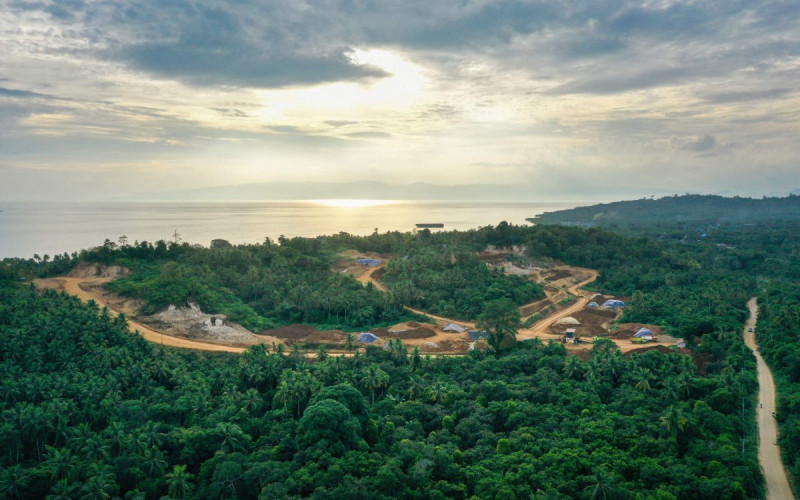As the campaigning mercury rises, the already marginalised environmental sector slips even lower on politicians’ agenda. Politicians might consider the environment a “soft” issue, yet for the 88% of Ugandans who live in rural areas and who depend directly on the environment and natural resources for their livelihoods, Uganda’s environmental crisis is of paramount concern.
The marginalisation of the environment and natural resources sector is reflected in the Ugandan budget: the income from natural resources (significant) stands in striking contrast to the budgetary allocations for sustaining these resources (very little). Ugandan civil society representatives lament the attitudes of their leaders; that one “can continue milking a cow without ever feeding it”.
Uganda’s natural resource base is shrinking rapidly. The country’s forests are disappearing at twice the rate of sub-Saharan Africa as a whole and nine times faster than those of the rest of the world. Water bodies have been polluted and swamps and wetlands drained. The impacts of these changes can be seen in declining eroded top soils, declining water tables, and increased droughts. Pressures on the country’s natural resources are set to increase as the people do. At 3.2% per year, Uganda has one of the highest population growth rates in the world. Adding a net 1 million people each year, the country’s population is doubling every 20 years. If the drivers of environmental degradation are left unchecked, human-induced desertification becomes a real threat.
Of course, environmental challenges are not one-dimensional. So for instance drivers of deforestation in Uganda include both a shortage of reliable and affordable sources of alternative energy (like many of its neighbours, Uganda depends on biomass for more than 90% of its energy needs) and in part by land-use change to promote manufacturing and production.
In Uganda, the process of converting land (including protected areas) into “productive” land is known as “degazetting”. This has become a trend, which has more than once led to conflict between government and citizens. In 1997, the Ugandan government degazetted over 1000 hectares of Namanve Forest Reserve for the development of an industrial estate. In 2002, Libyan investors sought the degazettement of a wetland area in Pian Upe Wildlife Reserve for commercial agricultural purposes. The investors eventually withdrew, after having their project in north eastern Karamoja region repeatedly sabotaged by nomadic cattle herders who travel to the area during the dry season. In 2007, plans to convert thousands of acres of forest into a sugar plantation were suspended after a citizen campaign – known as the Save Mabira Campaign – turned bloody.
Following the Mabira incident, President Yoweri Museveni hit back at protestors claiming that they “don’t understand that the future of all [developing] countries lies in processing”. This piece acknowledges that developing countries – and by extension their leaders – do not have an easy task. There are difficult trade-offs on the road to development. That being said, the number of times that environmental and natural resource-related grievances have translated into conflict should alert leaders – even military men – to the importance of these issues.
Most recently, the fact that about 7 out of 10 oil discoveries in Uganda are in protected areas have upped the stakes. Oil might still be considered the ultimate strategic resource. However, the outcry of both local and international civil society organisations following proposed drilling in the famous Greater Virunga Transfrontier Park shows stakeholders who have environmental issues at heart will not go down without a fight. The Ugandan government needs to realise, as do the rest of us, that environmental concerns cannot simply be shrugged off. The strategic resources of the future include fertile land, fresh water and clean air. Neglecting these sectors will lead to a scorched earth scenario.

